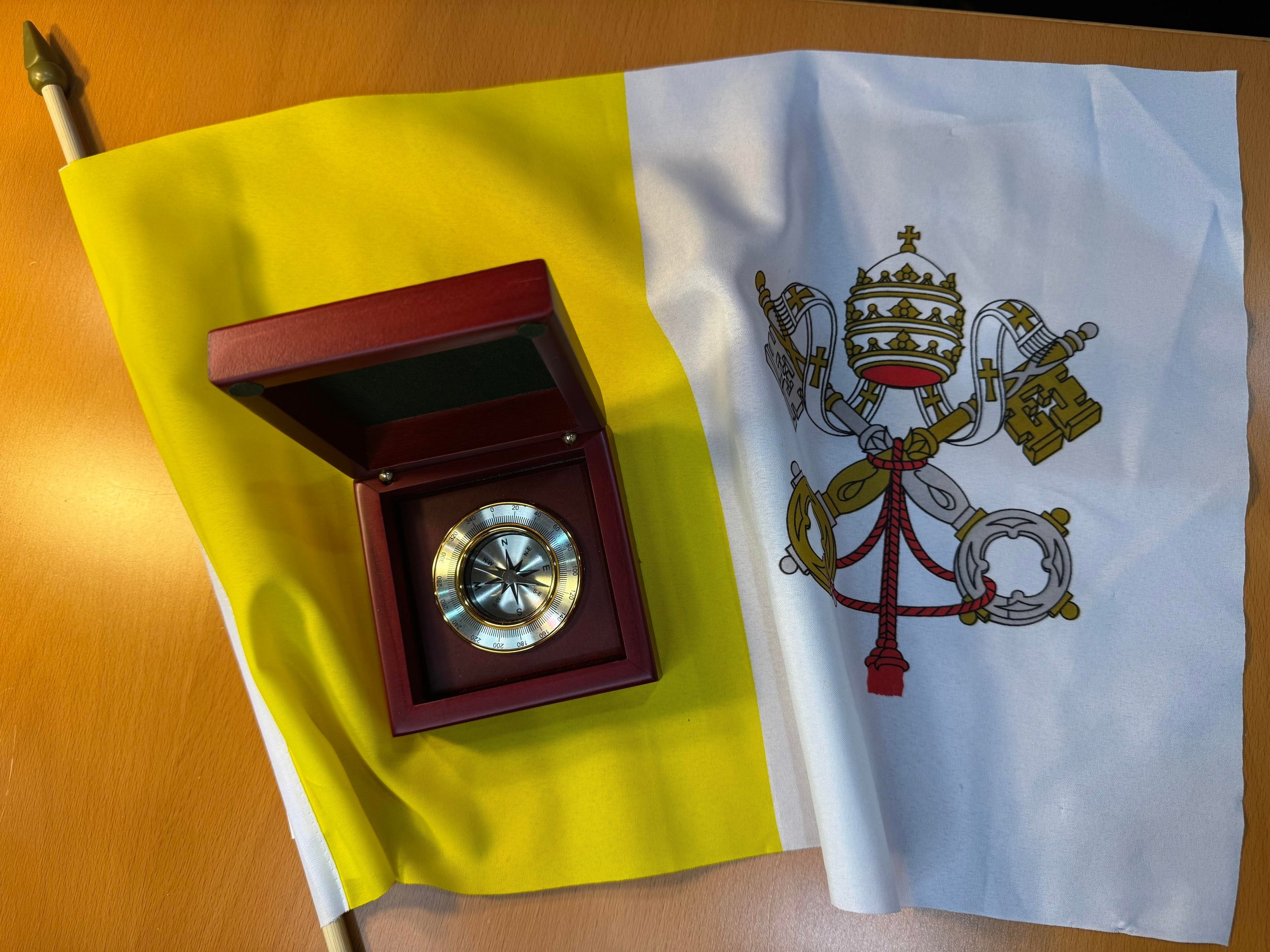Moral Authority: How Pope Francis Taught Us to Find Our Own
The election of a new Pope is a ritual steeped in tradition and fixed in global attention. Regardless of your beliefs or affiliations, the role of the Pope holds deep symbolic power. It represents a kind of moral authority that transcends borders—an influence not merely religious, but human. As the conclave prepares to choose the next Pope, the world is watching—and waiting—for a voice of moral clarity.
We live in a time when morality is debated, redefined, and often diluted by convenience or partisanship. Suffering, polarization, and disillusionment abound. In moments like these, humanity craves something simple yet rare: a steady voice that calls us to our better selves.
As a coach, I study leaders. And few modern leaders have taught me more about moral authority than Pope Francis. He surprised and inspired me—time and again—not by exercising power, but by setting it aside. He traded grandeur for humility, dogma for compassion, and rigidity for a kind of ethical courage that spoke directly to the human heart.
Moral authority, after all, doesn’t come from a title. It is earned—quietly, consistently—by aligning one's actions with deeply held values.
How Leaders Develop Moral Authority
Developing a perspective on right and wrong is a uniquely human journey. Over time, our moral reasoning grows more complex:
Pre-conventional: What’s right is what brings reward or avoids punishment.
Conventional: Right and wrong follow the norms of our community.
Post-conventional: Morality stems from enduring principles like justice and human dignity.
But this isn’t just cognitive theory. Moral leadership shows up in everyday decisions. It’s built over time through intentional practice. Here are three ways leaders can cultivate true moral authority:
1. Lead with Integrity and Consistency
Do what you say. Say what you mean. Especially when it’s hard.
Admitting mistakes, standing by your word, and being transparent during tough times builds trust that endures. People follow leaders who are anchored—not in ego, but in principle.
2. Put People Before Position
True leaders don’t lead for the title—they lead for the people. That means showing up with humility, listening more than speaking, and defending those with less power, even at personal risk. When people know you care more about them than your image, they will follow you anywhere.
3. Stand Up for What’s Right, Not What’s Easy
The moment to show moral authority is often the moment when it would be easier to stay silent. Courageous leaders speak when it counts. They challenge injustice, push back on exclusion, and advocate for the common good—even when it comes at a cost.
Pope Francis lived all three. He didn’t need to shout to be heard. His authority came not from doctrine, but from the depth of his conscience. His example reminds us that each of us—regardless of faith or role—can be a moral compass for others.
As we await the decision of the next conclave, let us reflect on the kind of leadership we need—not only in Rome, but in our boardrooms, communities, and daily lives. Now more than ever, the world needs leaders who don’t just hold power—but live their purpose with empathy and courage.
Connect with Anna
Coaching is a transformative experience, and Anna works to help any leader, at any stage, uncover their innate wisdom. Book a time for a free discovery call with Anna to learn more.
About Anna & Executive Horizons
Anna Alvarez Boyd, is the founder of Executive Horizons LLC, a consulting and leadership coaching business. Anna brings over 30 years of experience as a trusted senior leader to her clients. Her coaching starts with the belief that every individual is talented, creative, and whole. She supports clients to deeper self-discovery, through a unique, tailored approach for each person that includes skill building, reflective practices and leadership development.
SCHEDULE YOUR FREE DISCOVERY CALL

